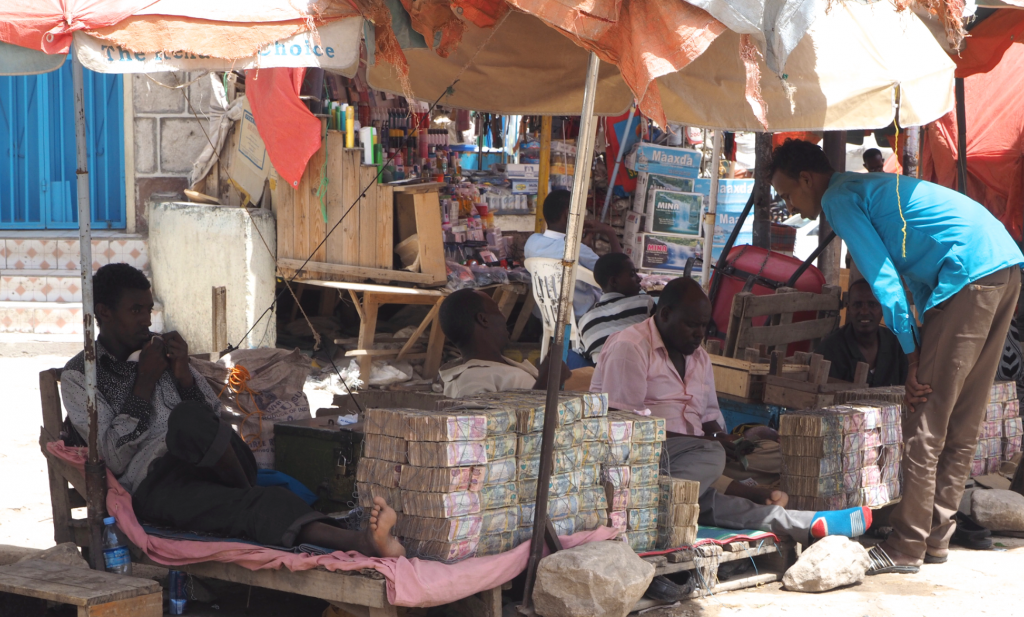Every successful institution is built on policies that align to its mission and purpose, likewise every successful society has established policies that support its growth and the success of its people. However, alienating the needs of the people from policy developed and implemented is bound to fail woefully.
The needs of farmers are numerous but some of their needs are urgent and should be addressed in the short term. That's why policies must be developed in a way to provide succor at different phases of time or period. There are neither one-time-off policies or fit-all policies because people's needs change and new realities are born over time. Therefore, policy makers must develop a framework to ensure adequate and appropriate information is garnered and used to make informed policies decisions.
In addition, it is sad to see farmers selling their produce at a price lower than production costs in order for them to get cash to meet the basic needs. Life should not be more difficult especially for farmers who have been hit severely by COVID-19 lockdown and climate crises. How can these farmers bounce back? How can production for this season sustain? How do we intend to achieve food security in the faces of multiple shocks without any support system?
The purpose of policies is to improve the livelihood of the people and this is achieved by understanding their reality. Therefore, policies such as cashless should be done in phases and there should be a blueprint to ensure that its implementation doesn't cause more harm (negative unintended results are mitigated to the barest minimum). Policy makers need to engage more with stakeholders especially those who are the receiving end of the policies. Communication is key and it must be a two way (feedforward and feedback).
My heart goes to all farmers in Nigeria who have been greatly affected by the cashless policy and I believe we will overcome and come out strong!
Yours-in-Service
Babatunde
Worse still, our local economy (in the rural communities) over the years has been largely driven by cash and not digital or cashless transactions, and sudden policy change is adversely affecting itSadly in Nigeria today, the whole nation is thrown into chaos because of policies that are alienated to the needs and realities of its people, especially those in hard-to-reach communities (who are mainly farmers and or engaged in agricultural activities). Although, the intention of the cashless policy might be good but the buy-in is low and the implementation is faulty. Currently, there is little or no infrastructure to support this policy especially in our rural communities. Worse still, our local economy (in the rural communities) over the years has been largely driven by cash and not digital or cashless transactions, and sudden policy change is adversely affecting it.
In addition, it is sad to see farmers selling their produce at a price lower than production costs in order for them to get cash to meet the basic needs. Life should not be more difficult especially for farmers who have been hit severely by COVID-19 lockdown and climate crises. How can these farmers bounce back? How can production for this season sustain? How do we intend to achieve food security in the faces of multiple shocks without any support system?
The purpose of policies is to improve the livelihood of the people and this is achieved by understanding their reality. Therefore, policies such as cashless should be done in phases and there should be a blueprint to ensure that its implementation doesn't cause more harm (negative unintended results are mitigated to the barest minimum). Policy makers need to engage more with stakeholders especially those who are the receiving end of the policies. Communication is key and it must be a two way (feedforward and feedback).
My heart goes to all farmers in Nigeria who have been greatly affected by the cashless policy and I believe we will overcome and come out strong!
Yours-in-Service
Babatunde
Related



